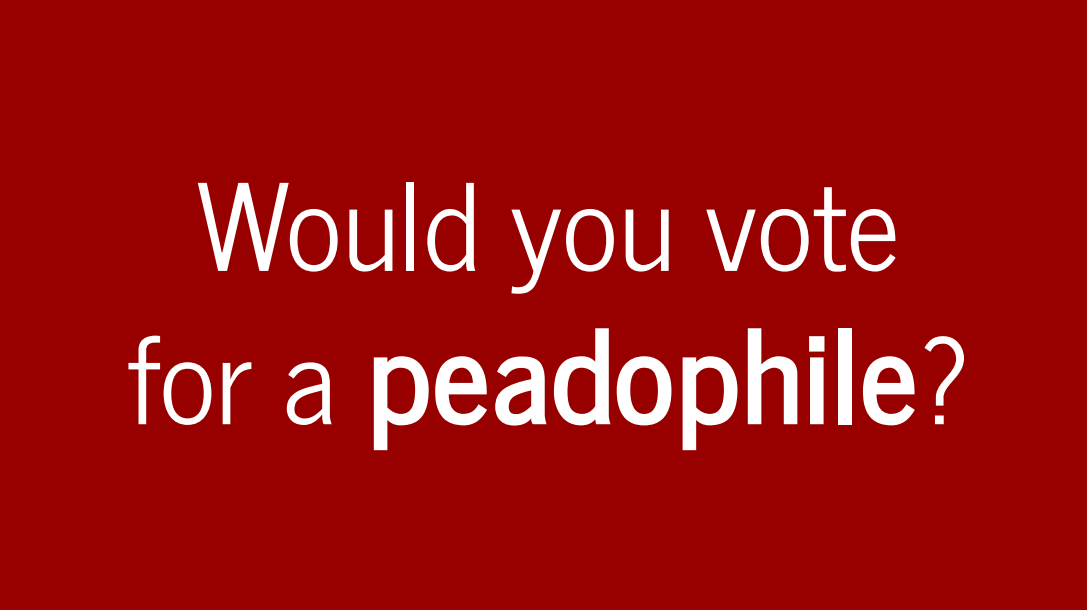
It was a pleasure to host @Avaaz for our latest @DisinfoEU webinar. We discussed
📌US elections #Elections2020
📌new research on Facebook
📌regulatory solutions for the EU
Watch the replay of our session here:
Or read a recap of our discussion below 👇
📌US elections #Elections2020
📌new research on Facebook
📌regulatory solutions for the EU
Watch the replay of our session here:
Or read a recap of our discussion below 👇

@E_Campaigning kicked off with examples of the disinformation spread about Biden, seen by millions, spread by "conservative" groups, QAnon and more. 







Citing data from SurveyUSA polling 3000 voters in US swing states, Avaaz point out that approx. 28m voters believed at one point these fake claims about Biden. 



That's enough to decide an election.
In North Carolina, SurveyUSA find that 9% of self-affiliating "democrat" voters believe the story (ie 239k voters), while in Georgia 11% believed the fake Biden story (310k). Reminder: NC was decided by 75k votes, and Georgia by 14K votes.
In North Carolina, SurveyUSA find that 9% of self-affiliating "democrat" voters believe the story (ie 239k voters), while in Georgia 11% believed the fake Biden story (310k). Reminder: NC was decided by 75k votes, and Georgia by 14K votes.
Avaaz argue 3 reasons make this possible:
1. Fact-checking failure by Facebook
2. Platforms accelerate repeat misinformers
3. Lack of transparency in how platforms demote content (leading to double standards, inconsistencies, and a lack of systematic checks)
1. Fact-checking failure by Facebook
2. Platforms accelerate repeat misinformers
3. Lack of transparency in how platforms demote content (leading to double standards, inconsistencies, and a lack of systematic checks)

Fact-checking failure?
Avaaz's study shows that minor tweaks in the formatting of the content (change colour, font) was enough for the fake content to sneak past Facebook's fact-checking process.

Avaaz's study shows that minor tweaks in the formatting of the content (change colour, font) was enough for the fake content to sneak past Facebook's fact-checking process.


Beyond english?
The percentage of fact-checked content varies hugely per language. An alarming reminder of the extra difficulty faced in Europe to stop cross-border disinformation spreading like wildfire.
The percentage of fact-checked content varies hugely per language. An alarming reminder of the extra difficulty faced in Europe to stop cross-border disinformation spreading like wildfire.

Platforms accelerating repeat misinformers?
Avaaz's researchers found the top pages that repeatedly shared misinformation would see their monthly interactions skyrocket. Arriving on par with mainstream news.

Avaaz's researchers found the top pages that repeatedly shared misinformation would see their monthly interactions skyrocket. Arriving on par with mainstream news.


Lack of transparency?
According to Avaaz, Facebook sometimes demote repeat misinformers, sometimes not, resulting in cries of foul play from both sides of the political divide. See this article by the @washingtonpost for more washingtonpost.com/technology/202…


According to Avaaz, Facebook sometimes demote repeat misinformers, sometimes not, resulting in cries of foul play from both sides of the political divide. See this article by the @washingtonpost for more washingtonpost.com/technology/202…



What to do about it?
Avaaz highlight 5 anti-disinformation principles that should shape the regulatory discussion in the EU.
Avaaz highlight 5 anti-disinformation principles that should shape the regulatory discussion in the EU.

Echoing calls made by several actors for greater algorithmic accountability, Avaaz call for the set up of an EU regulatory authority with the power to oversee standardised metrics and annual goals around content moderation. 

Finally, Avaaz reminded the audience of YouGov polling from 2019 showing EU citizens in several Member States believe social media platforms should be regulated. 

• • •
Missing some Tweet in this thread? You can try to
force a refresh




